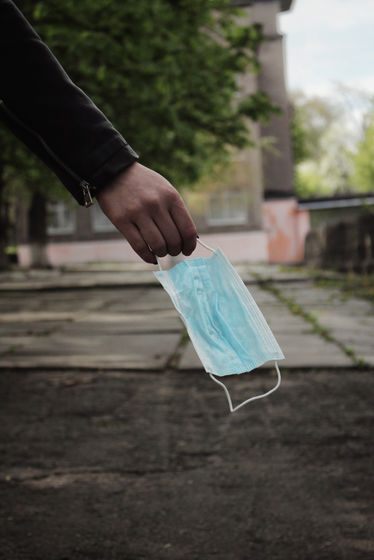WHO has ended the ``emergency declaration'' of the new coronavirus, and what are the findings obtained through the pandemic?

COVID is officially no longer a global health emergency – here's what that means (and what we've learned along the way)
https://theconversation.com/covid-is-officially-no-longer-a-global-health-emergency-heres-what-that-means-and-what-weve-learned-along-the-way-205080

On May 5, 2023, WHO announced that it would end the 'Public Health Emergency of International Concern' declared on January 30, 2020. But for many ordinary people, COVID-19 is already a thing of the past. For example, in the UK, the poll 'What do you think is the main problem facing the country?' made no mention of the novel coronavirus. In a follow-up survey conducted by Williams with other behavioral scientists, it seems that as of the summer of 2022, many people will recognize the pandemic of the new coronavirus as a 'memory of the distant past.'
Old habits are hard to get rid of

New habits learned by the general public during the COVID-19 pandemic include ``wearing a mask'' and ``going off work if you feel unwell''. However, Williams pointed out that these habits did not replace old habits.
In the UK, for example, the number of people wearing masks has consistently declined, with less than 1 in 6 adults saying they have recently worn a mask, according to
“The COVID-19 pandemic has shown us how many people are willing to change their behavior, especially to keep themselves and others safe. of people acted according to the new rules,' Williams said.
Regarding people's adaptation to the pandemic and the return to pre-pandemic habits, Williams said, ``It shows how important social cues and social norms are to behavior. It was a habit to put , and it was automatically triggered by looking at photos and illustrations of people who are socially distancing.'
◆ Effect of interacting with people

The COVID-19 pandemic has also demonstrated how important social connections and physical contact are. According to social safety theory, which views stress and
In fact, many people reported lower levels of life satisfaction and happiness when lockdowns were implemented as a countermeasure against the novel coronavirus, and this was after people resumed social interaction. I am recovering.
The emergency is not over yet

As the WHO's state of emergency ends, it should be remembered that since 2020, the new coronavirus has claimed about 7 million lives. In addition, Williams said that for some people, especially those who are clinically vulnerable, the COVID-19 emergency is far from over.
The novel coronavirus still infects millions of people worldwide every week and is responsible for thousands of deaths. In addition, the impact of the new coronavirus has left hundreds of millions of people in need of long-term care.
“We need to move from relying on individual resilience to building organizational resilience in the future,” Williams said. We can take steps to protect those around us, but the responsibility of preventing public health emergencies shouldn't be left solely to the public,' he said, adding that government agencies, businesses and health officials can now do what they can. By doing the right thing, he said, he could protect the public from future public health emergencies.
The ``actions you can do now'' that Mr. Williams mentions include ``systematically addressing public health misinformation'' and ``improving ventilation in indoor spaces such as schools, workplaces, and public facilities.'' is mentioned.
Related Posts:
in Note, Posted by logu_ii







